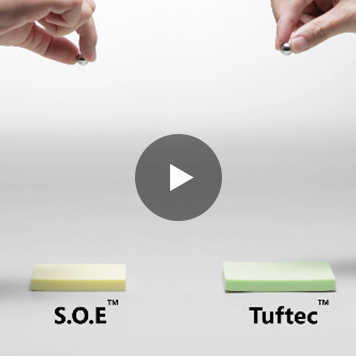Hydrogenated styrenic thermoplastic elastomer
Tuftec™, S.O.E.™
- Interior
- Exterior
- Others
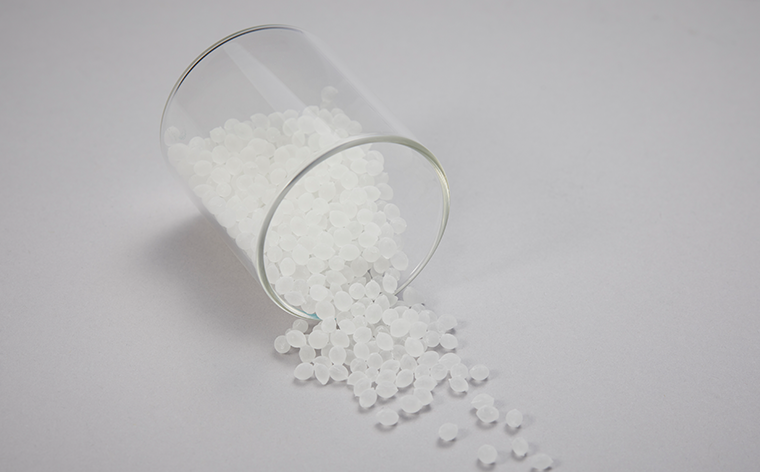

Marketing Areas
- ALL
Various properties can be enhanced by adding Tuftec™ and S.O.E.™ to the compounds designed for different types of molding. These are additives suitable for improving key properties such as flexibility, abrasion resistance, soft-touch feeling, etc..
Feature
- Low-temperature impact resistance
- Soft-touch feel and abrasion resistance
- High vibration-damping properties
Usage
- S.O.E.™ for automotive interior skins
- Tuftec™ for engineering plastics and olefinic resin components
As modifiers for resins and elastomer compounds, Tuftec™ and S.O.E.™ can help to achieve the weight reduction and property enhancement of automotive parts.
As modifiers for resins and elastomer compounds, Tuftec™ and S.O.E.™ can help to achieve the weight reduction and property enhancement of automotive parts.
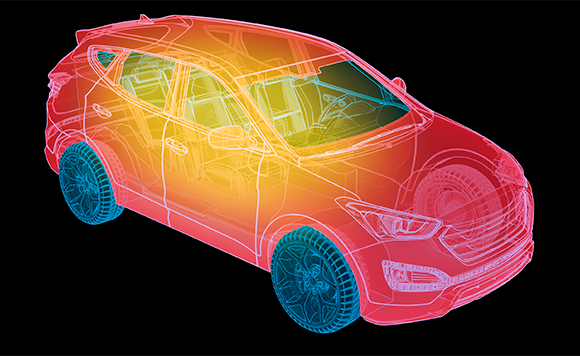
Low-temperature impact resistance
Tuftec™ and S.O.E.™ can provide excellent low-temperature impact resistance for olefinic resins and engineering plastics; therefore they can contribute to the prevention of cracks in automotive parts.
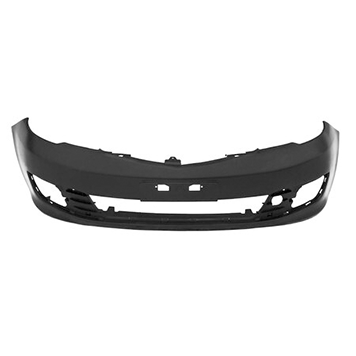
Soft-touch feel and abrasion resistance
Tuftec™ and S.O.E.™ can provide nice, soft-touch feeling and excellent abrasion resistance to elastomer compounds for automotive interior skins.
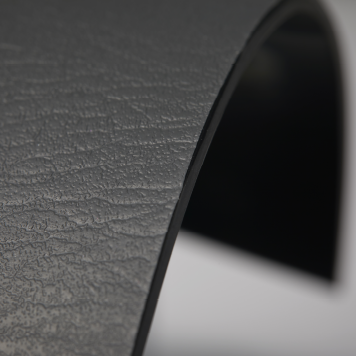
Utilizing S.O.E.™ for automotive interior skins
Automotive interior skins are required to have specific properties such as soft- touch feeling, abrasion resistance, and damping properties. Adding S.O.E.™ to elastomer compounds helps to attain those required properties.
Compared with PVC and TPO, S.O.E.™ provides soft-touch feeling and excellent abrasion resistance, which helps to maintain the texture and grain of automotive interior skin for a long period of time.
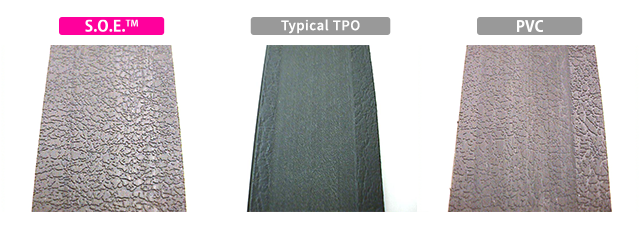
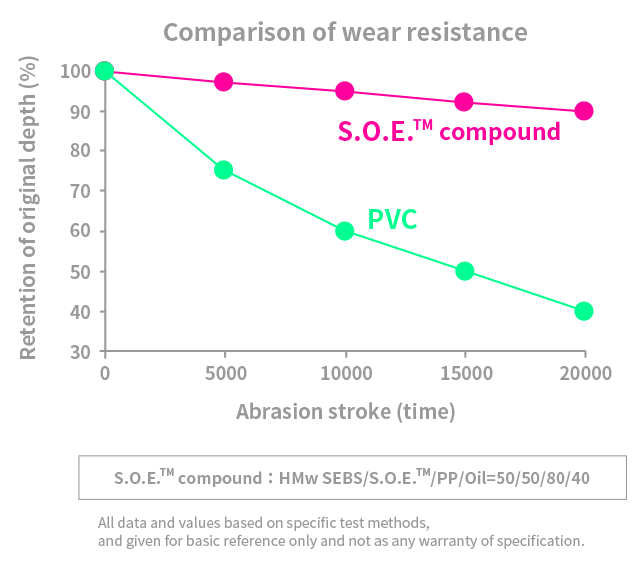
Compared with conventional thermoplastic elastomers (Tuftec™), S.O.E.™ provides excellent vibration-damping properties, quickly suppressing vibration and contributing to the realization of a comfortable vehicle interior space.
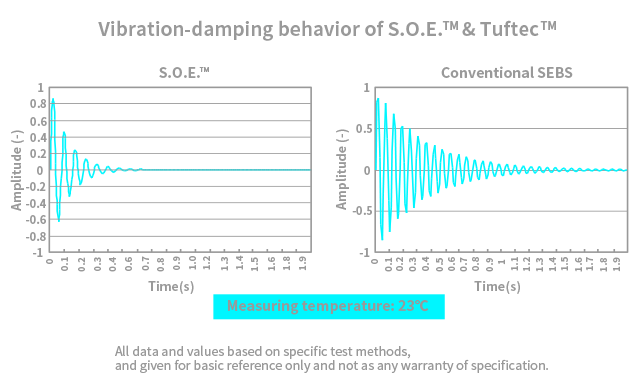
Utilizing Tuftec™ for engineering plastics
Adding Tuftec™ to PA or PPS improves its properties such as impact resistance, flexibility and elongation; therefore Tuftec™ expands the possibility of using these materials for more diverse automotive parts.
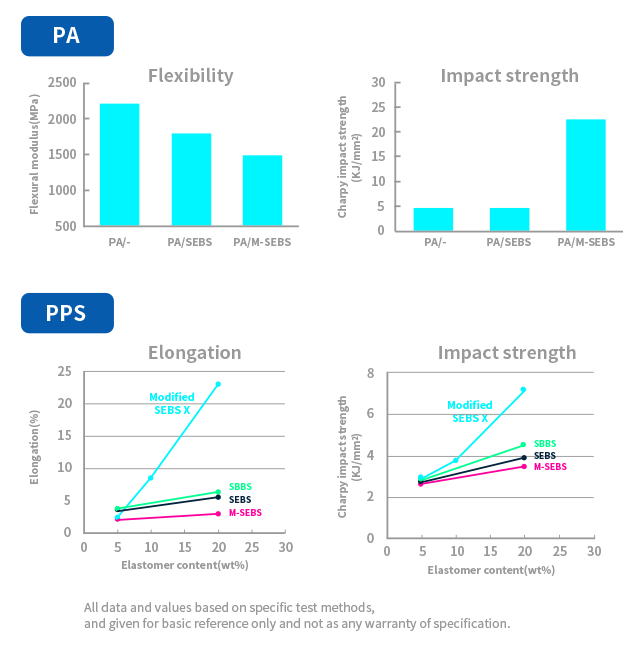
Utilizing Tuftec™ for olefinic resin components
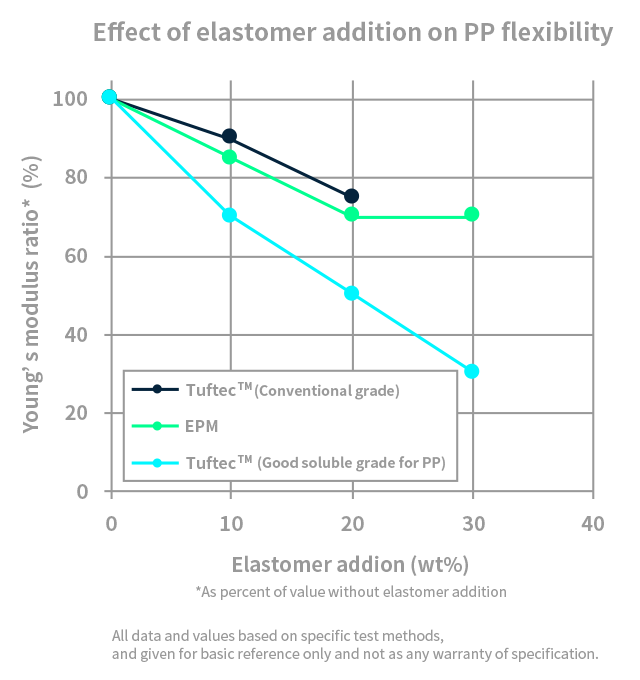
Tuftec™ contributes to the improvement of elongation and flexibility of PP compounds especially at low temperatures, resulting in a reduction of cracks and damages to the PP-based automotive parts.
PP compounds are used for various automotive parts. However, since their brittleness temperature is high, breakage in low temperature environments is often a problem. As its glass-transition temperature (Tg) is in the below-zero temperature range and also it has good compatibility with PP, Tuftec™ is effective in preventing cracks in PP-based automotive parts at low temperatures.
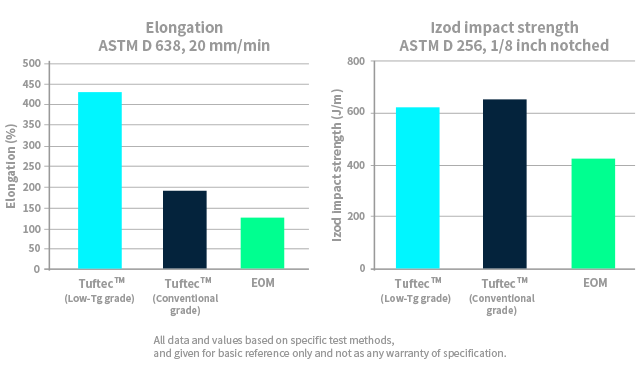
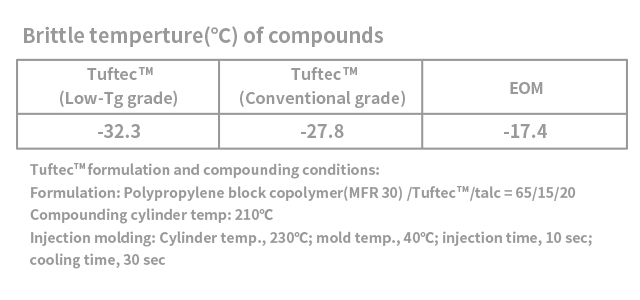
Further details
https://www.asahi-kasei.co.jp/elastomer/en/products/sebs.htmlProduct Q&A
QI would like to know the grades and lineup of Tuftec™ as well as S.O.E.™.
“https://www.asahi-kasei.co.jp/elastomer/en/contact/”
QCan you provide Tuftec™ in the form of compounds?
 Mobility-related information website
Mobility-related information website
